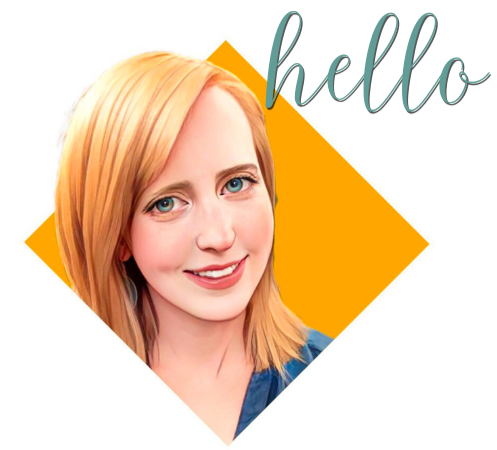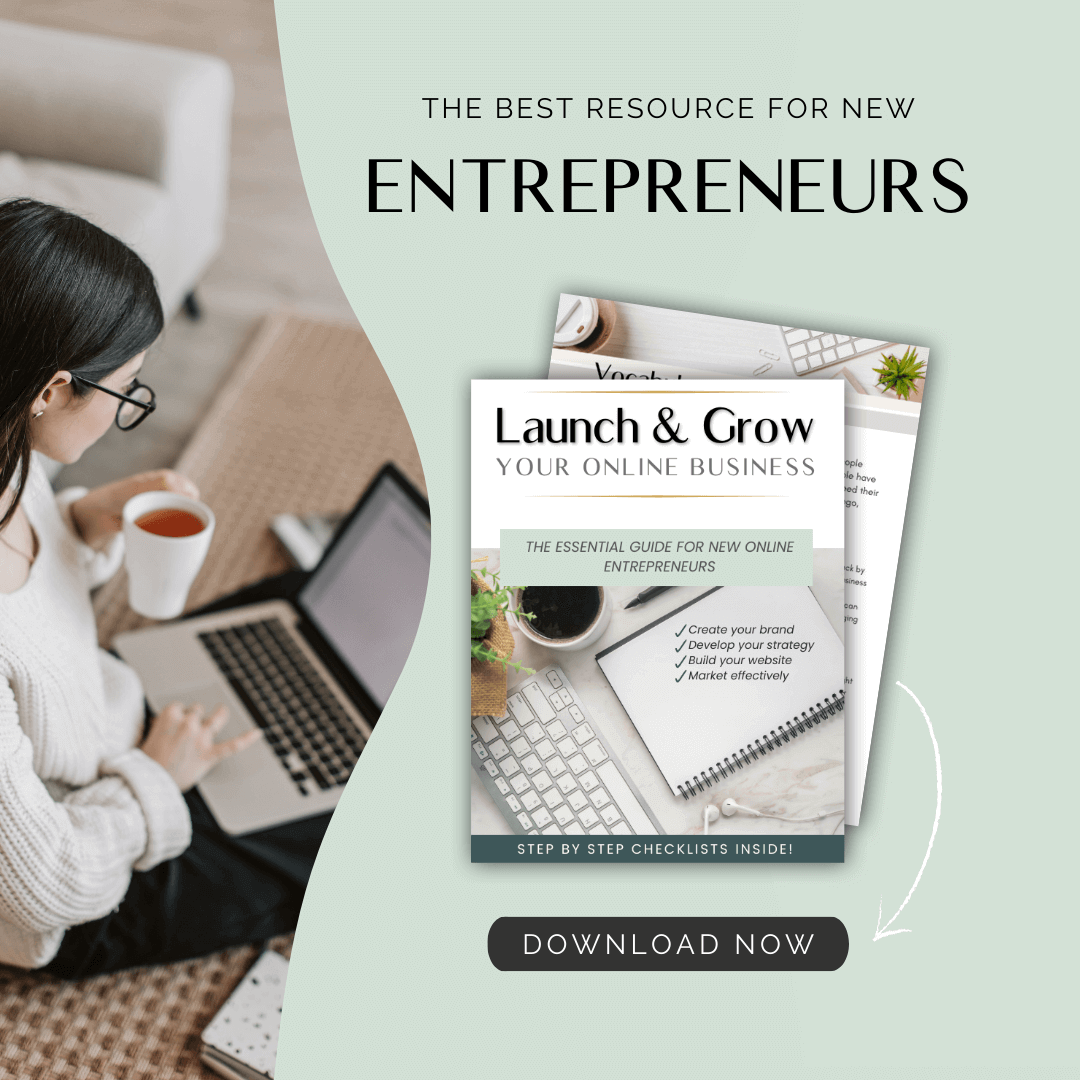
A Beginner’s Guide for Entrepreneurs Who Want to Keep It Simple
Have you been thinking about starting a podcast, but feel stuck because you're not sure where to start—or even if you should? You’re not alone. Many new entrepreneurs love the idea of podcasting, but worry it’s too techy, time-consuming, or hard to do right.
Here’s the good news:
You don’t need to be a tech expert to start a great podcast.
You don’t need to be a tech expert to start a great podcast.
But you do need to ask yourself a few key questions first.
This blog post will walk you through the most important things to consider before starting a podcast, especially if you're building your business from scratch and want to keep things simple.
Let’s dive in—step by step.
Why Start a Podcast in the First Place?
Before we talk about equipment or platforms, let’s talk about why you might want to start a podcast.
A podcast is simply a way to talk to your audience—through audio. It’s like having your own little radio show that people can listen to while driving, walking, or cooking dinner.
Here’s why podcasts are great for new business owners:
- They build trust: Your voice creates connection.
- They’re easy to consume: People can listen on the go.
- They’re great for content marketing: One episode can become blog posts, social posts, and more.
If you enjoy talking and teaching, a podcast might be perfect for you.
Question 1: What’s the Goal of Your Podcast?
Before starting, get super clear on your podcast’s purpose. Ask yourself:
- Who am I trying to help?
- What problem do they have?
- What do I want them to learn or feel?
Example:
Let’s say you’re a new business coach for moms. Your podcast goal might be:
Let’s say you’re a new business coach for moms. Your podcast goal might be:
“To help busy moms build simple online businesses one step at a time.”
When you’re clear on the goal, it’s easier to pick topics and speak directly to your ideal audience.
Question 2: What Will You Talk About?
Don’t worry about running out of ideas. You probably already answer the same questions in emails, messages, or social media. Turn those answers into episodes.
Here are some simple topic ideas:
- Beginner tips in your niche
- Mistakes you made and what you learned
- Client success stories
- How-to episodes (step-by-step guides)
- Interviews with other beginners or experts
Write down 10 episode ideas before you begin. If the list flows easily, that’s a good sign you’re ready to start.
Question 3: How Much Time Can You Commit?
A podcast is a commitment—but it doesn’t have to take over your life.
Start by deciding:
- How often you’ll publish: Weekly? Every other week?
- How long episodes will be: 10 minutes? 30 minutes?
Tip for beginners: Start small. A short, 15-minute weekly episode is more than enough. You can always grow later.
Remember, consistency is more important than perfection.
Question 4: What Equipment Do You Actually Need?
You don’t need a fancy podcast studio. You just need:
- A quiet room
- A decent microphone (USB mics like Blue Yeti or Samson Q2U are great)
- Free recording software like Audacity or GarageBand
- A podcast host (like Buzzsprout, Podbean, or Captivate)
If tech makes you nervous, start with simple tools and look for beginner tutorials. YouTube is full of step-by-step guides.
Question 5: Will You Edit It Yourself or Get Help?
Editing just means trimming out mistakes, adding music, and making sure the sound is clear.
You have two options:
- Do it yourself – Use free tools like Audacity. It’s not as hard as it sounds.
- Hire help – You can find affordable podcast editors on sites like Fiverr or Upwork.
If the idea of editing stresses you out, you’re not alone. Try recording simple, one-take episodes until you're ready for more advanced editing.
Question 6: How Will People Find Your Podcast?
Just like a website or blog, a podcast won’t get found unless you help people discover it. That’s where promotion comes in.
Here’s how to make your podcast easy to find:
- Use clear titles with keywords people are searching for
- Create social media posts for each episode
- Write a short blog summary for your website
- Ask people to subscribe, review, or share
The best tip? Talk about your podcast like you’re excited—and tell people how it can help them.
Question 7: Are You Ready to Be a Beginner?
This might be the most important question of all.
Starting anything new can feel awkward. Your first episode might sound weird to you. That’s okay.
You learn by doing.
Every great podcaster started with a messy first episode. What matters is that you show up with heart, share what you know, and grow over time.
You don’t have to be perfect—you just have to be helpful.
Bonus: Podcast Naming Tips
Your podcast name should be:
- Easy to say and spell
- Clear about the topic or audience
- Short and memorable
Examples:
- “Simple Starts for New Entrepreneurs”
- “The Beginner Biz Show”
- “Mom to CEO”
If your name is already taken, add a few words like “Show” or “Podcast” to make it unique.
Final Thoughts: Start Small, Stay Consistent
Starting a podcast is a big step—but it doesn’t have to be complicated.
Here’s what to remember:
- You don’t need fancy gear or editing skills
- You DO need a clear message and consistent rhythm
- Podcasting is about connection—not perfection
If you love helping people and enjoy talking things out, podcasting can be one of the best ways to grow your business and your confidence.
And if it still feels overwhelming? You can start with one recorded voice memo and build from there.


































0 Comments